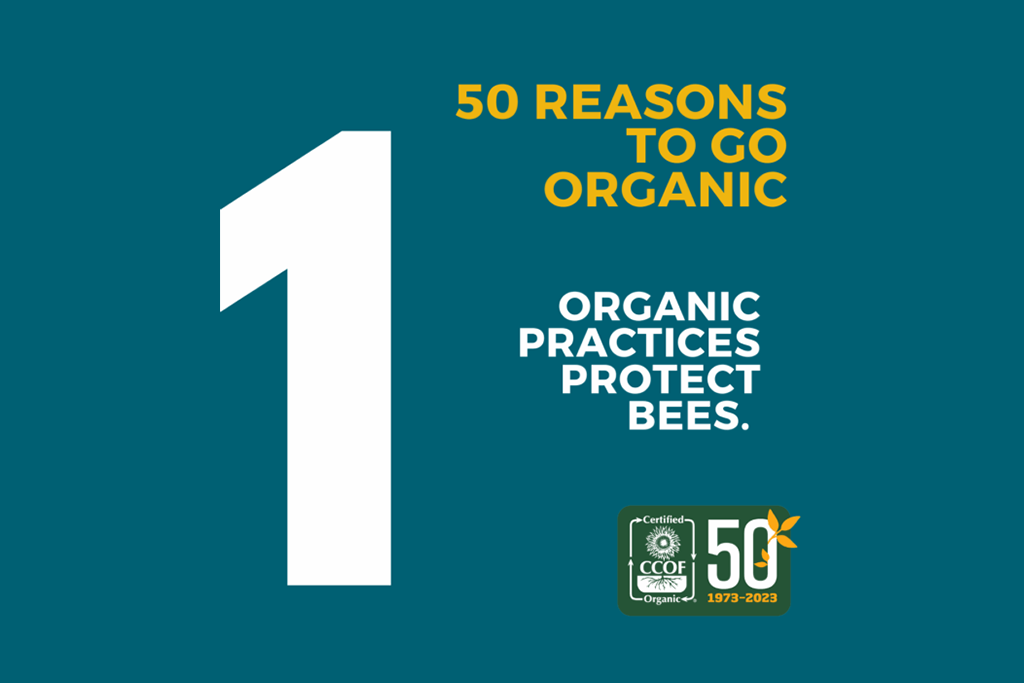Ismael Perez grew up in California’s Central Coast region, a prolific agricultural area that’s well known for producing the vast majority of the United States’ berries, lettuces, artichokes, and other fresh produce. As soon as he graduated high school, Ismael himself got involved in the berry industry by getting a summer job picking raspberries. That summer job rolled into more berrypicking summers, and eventually Ismael was given enough promotions that he was working every day of the week with time off only for attending school at San Jose State University.
The work-school balance was heavy, but it’s what sparked Ismael’s interest in agriculture. “When I started as a foreman, I was getting pretty good checks every week. So for me it was just a source of income,” Ismael recalls. “But then learning about other positions, I started asking more questions. ‘Why is this, or why does the plant do this, or how does the plant get to the point where I see it?’ When I was just picking, I never saw the plants when they were planted.”
Ismael graduated from San Jose State University with a degree in economics, a subject he was guided toward but didn’t meet his needs or career goal to someday own his own business. When a job in economics didn’t materialize, Ismael ended up back on the berry farm. By then, he’d started getting answers to his questions about agriculture, and the seed was planted in his mind to consider farming on his own.
The final nudge toward organic for Ismael came when he got a new job spraying pesticides on a company’s crops. “It was for a really big company and it was just a bunch of experiments—not really production,” he explains. “We were spraying these pesticides with return intervals of 24 hours, 48 hours, or 72 hours, twice a week! And I’m thinking, ‘We’re spraying these things, and we can’t even get near the plant for two to three days, but it’s ok to feed people the fruit when it wears off?’ Plants are like towels because they absorb everything, so everything that is in the plant, it’s in the fruit—but that’s ok? Then I left from there to where I work now in organic.”
After months of encouragement from his brother, Ismael enrolled in the Agriculture and Land-Based Training Association’s Farmer Education Course (PEPA) in organic farming practices and farm business management. “My brother actually told me to do it. He said, ‘I’ll pay tuition; once you go big, just pay me back,” Ismael explains. Then, Ismael earned a CCOF Foundation Future Organic Farmer grant that put $5,000 toward his ALBA expenses. “Now I don’t have to go ask him for that money. I know I can pay for it. It helps not having to go ask for that money every time to pay for the class.”
Ismael’s work background continues to shape his experience learning about organic agriculture and adds to his enthusiasm, since he’s seen the conventional side up close. “I think it’s just the fact that you can grow something to the point of harvest without having to destroy the soil more than it already has been in the past,” he explains. “I’ve seen how they treat the dirt here. Pesticides are applied, and they kill everything there. Everything in the dirt, until there are literally no organisms within the soil.”
“But in organic,” he says, “organisms help break down fertilizers to provide nutrients for the plants to grow. It’s just more of the way nature was made to run. Like integrated pest control—it’s using nature to control nature, so it’s more natural. It’s the way the system was made to function.”
This enthusiasm for organic has fueled big goals for Ismael. “First of all, I see myself working full time toward my own business, not working for someone else. That’s the number one goal: focus 100% on growing the amount of land I grow on. I want to be farming 20 to 30 acres within five years.”
But his ambitions go even beyond that—Ismael also wants to increase representation of Hispanic communities in agriculture. “There’s not a lot of diversity when it comes to owners of big businesses, and changing that is one of my other goals. I want to get my farm as big as I can, whether it takes me 20, 30, 40, or even 50 years. Or hopefully my kids one day like agriculture like me and they’ll keep pushing towards that goal so that one day there will be someone with a Hispanic last name somewhere in the mix.”
“It’s not easy, especially for someone being Hispanic in and in the United States,” Ismael continues. “It’s hard. That’s what pushes me to hopefully one day increase the percentage of farm owners like me and hopefully be in a diversity of people who are up in the mix.”
Ultimately, all of Ismael’s experiences came together at the right time with a bit of encouragement to set him on this path of organic agriculture. Even from the beginning, Ismael says, “My grandpa worked in the fields. He grew crops on one of my uncle’s lands, and I learned a lot there. I liked it, but didn’t really have an interest in it. I guess I was still too young, but now that I’m older, I think [my interest] started back then when I was with my grandpa.”
Financial support like the CCOF Foundation’s Future Organic Farmer grants can be the encouraging nudge that makes farmers like Ismael feel validated and soften the financial risk students take on.
You can help students like Ismael on the path to becoming organic farmers! Donate to our Future Organic Farmer program and give organic students the encouragement they need.
